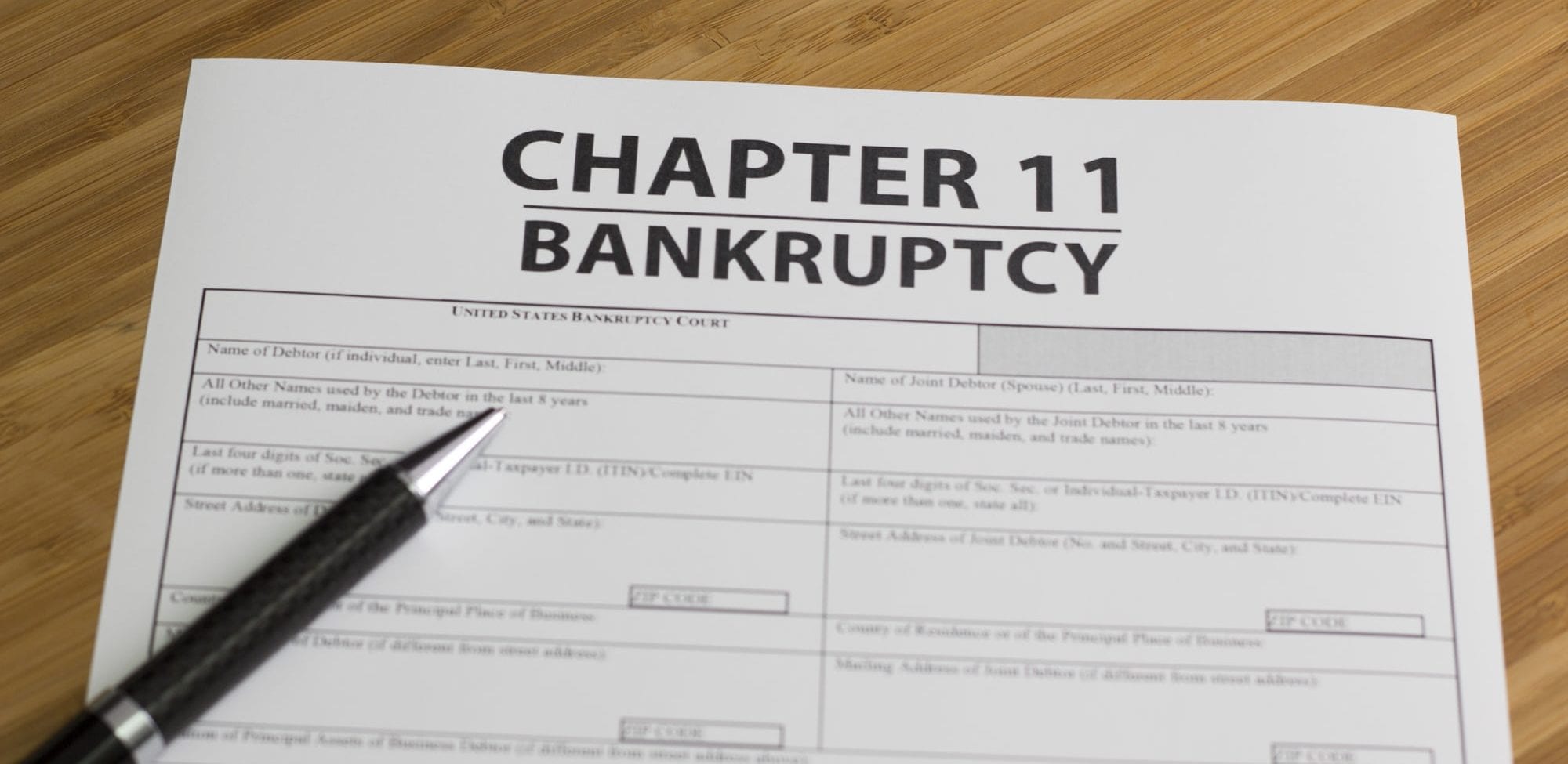Investing in bankruptcies can be a tempting prospect for those seeking potentially high returns, but it’s not without its risks. In this article, we’ll explore the world of bankruptcy investments, the potential pitfalls, and whether it’s a viable strategy for you.
Understanding Bankruptcy Investments
Bankruptcy investments involve purchasing assets or securities of a company that has filed for bankruptcy. These assets are typically sold off to pay creditors, and investors acquire them at a fraction of their market value. There are two primary avenues for bankruptcy investments:
1. Stock Investments
When a company goes bankrupt, its stock prices often plummet. Savvy investors sometimes buy these stocks with the hope that the company will recover or that the assets will be worth more than the stock’s current price.
2. Bond Investments
Investors can also buy the debt of bankrupt companies in the form of bonds. These bonds may be repurchased by the company at a later date or converted into stock, offering potential returns if the company’s fortunes improve.
The Risks of Bankruptcy Investments
While bankruptcy investments can be alluring, they come with substantial risks that potential investors should consider.
1. Uncertainty
Investing in bankruptcies is inherently unpredictable. The success of your investment depends on various factors, including the outcome of the bankruptcy proceedings, the company’s ability to recover, and market conditions.
2. Priority of Payments
In a bankruptcy case, secured creditors (those with collateral) are paid first, followed by unsecured creditors and shareholders. This means that shareholders often receive little to nothing, while secured creditors recoup their investments.
3. Company Performance
Even if you invest in a bankrupt company’s assets or stock, there’s no guarantee that the company will bounce back. Some companies continue to struggle or ultimately fail after bankruptcy.
4. Legal Complexities
Bankruptcy proceedings can be legally complex, involving multiple parties and extensive court involvement. Navigating this landscape can be challenging, especially for individual investors.
5. Limited Information
Companies going through bankruptcy may not disclose all necessary information to investors. This lack of transparency can make it difficult to assess the true value of the assets you’re investing in.
Can I make a profit by investing in bankruptcies?
Yes, it’s possible to profit from bankruptcy investments, but it’s not guaranteed. The outcome depends on various factors, including the company’s performance post-bankruptcy.
What’s the difference between investing in stocks and bonds of bankrupt companies?
Investing in stocks of bankrupt companies means buying shares of the company, while investing in bonds means purchasing the company’s debt. Both have their own set of risks and potential rewards.
Are there any success stories of bankruptcy investments?
Yes, there are success stories of investors profiting from bankruptcy investments, but they are often the exception rather than the rule. Famous examples include the resurgence of Marvel and General Motors.
Should I seek professional advice before investing in bankruptcies?
It’s advisable to consult with financial and legal professionals before delving into bankruptcy investments. They can help you assess the risks and navigate the legal complexities.
Are there any tax implications to consider when investing in bankruptcies?
Yes, there can be tax implications when investing in bankrupt companies. Depending on the type of investment and your jurisdiction, you may be subject to capital gains tax, among other considerations.
Conclusion
Investing in bankruptcies can indeed be risky, and it’s not a suitable strategy for all investors. The potential for high returns must be weighed against the significant uncertainty and complexity involved in these investments. Before pursuing bankruptcy investments, individuals should conduct thorough research, seek professional advice, and carefully assess their risk tolerance. If managed wisely, bankruptcy investments may present opportunities for those willing to take on the challenge, but they are not without their share of financial and legal hazards.







